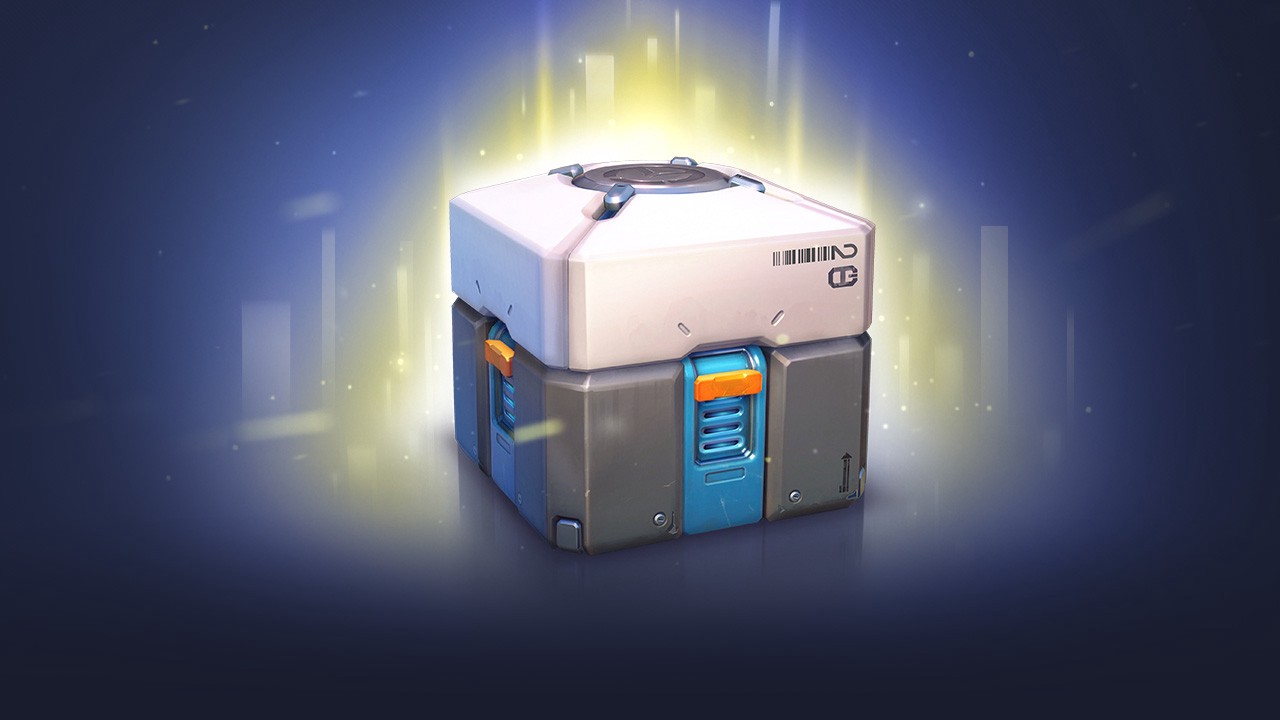
This is Niche Culture. In this column, we regularly cover anime, geek culture, and things related to video games. Please leave feedback and let us know if there’s something you want us to cover!
United States Senator Josh Hawley (R, Missouri) has proposed a bill to ban lootboxes and pay-to-win style DLC from games aimed at Children in the US.
Titled “The Protecting Children from Abusive Games Act“, the bill would ban that form of DLC in games aimed at minors. This is defined via the Children’s Online Privacy Protection Act (COPPA).
That bill deemed websites that had criteria such as child-like avatars, content appropriate for children, using characters from popular children’s television would be deemed a website designed to be for children. Similar criteria is being used here to deem what games are aimed at children. However, the bill will also include “Games with wider audiences whose developers knowingly allow minor players to engage in microtransactions.”
The bill would be enforced via the Federal Trade Commission. In addition, state attorneys could file suits for residence of their states.
Releasing a statement via his own senate website, Hawley laid-out his concerns:
“Social media and video games prey on user addiction, siphoning our kids’ attention from the real world and extracting profits from fostering compulsive habits. No matter this business model’s advantages to the tech industry, one thing is clear: there is no excuse for exploiting children through such practices.
“When a game is designed for kids, game developers shouldn’t be allowed to monetize addiction. And when kids play games designed for adults, they should be walled off from compulsive microtransactions. Game developers who knowingly exploit children should face legal consequences.”
Hawley cites a “notorious example” of this with Candy Crush. As additional lives are earned over time, players can buy things to make the game easier or have more lives. Hawley notes the $149.99 Luscious Bundle comes with 1000 units of in-game currency, a variety pack of boosters to make the game easier, and 24 hours of unlimited lives. This bundle is marked as being “Best Value”. Hawley also states the developer’s (King) parent company Activision Blizzard earns $2 billion annually, with the game having 268 million monthly active users.
The Entertainment Software Association rebutted against Hawley’s comments in a statement, claiming parents already had the tools necessary to prevent predatory sales:
“Numerous countries, including Ireland, Germany, Sweden, Denmark, Australia, New Zealand, and the United Kingdom, determined that loot boxes do not constitute gambling. We look forward to sharing with the senator the tools and information the industry already provides that keeps the control of in-game spending in parents’ hands. Parents already have the ability to limit or prohibit in-game purchases with easy to use parental controls.”
This is not the first US Senator to show concern about lootboxes. In 2017 Senator Chris Lee (Democrat, Hawaii) proposed banning the sale of lootboxes to anyone under 21. The US Justice Department also declared all internet gambling illegal in January 2019. Many officials and the general public still debate as to whether lootboxes count as a form of gambling.
In the ongoing controversy surrounding lootboxes, several other countries threatened to take legal action against developers. EA even removed premium currency from FIFA 18 and FIFA 19 after Belgium authorities made their they deemed lootboxes as being on-par with gambling. In addition several companies pulled their games from service within Belgium. As aforementioned and as of this time of writing, the United Kingdom still deems that lootboxes are not akin to gambling.
What do you think? Is this a necessary measure, or too much government over site? Sound off in the comments below!